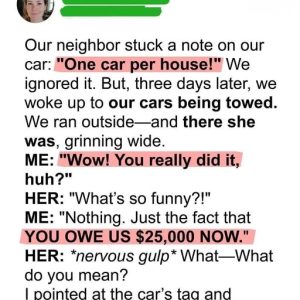Speculation over a potential matchup between Donald Trump and Barack Obama in a hypothetical 2028 presidential election has captured public attention, despite the constitutional impossibility under the 22nd Amendment, which limits presidents to two terms. Trump has occasionally hinted at the idea of a third term, suggesting there may be ways to pursue it, though he emphasized that he is focused on completing his current term. Obama, on the other hand, has remained largely silent on the subject, leaving the scenario entirely in the realm of speculation and political imagination.
Recent polling highlights public sentiment regarding the matchup. A survey by Daily Mail and J.L. Partners of 1,013 registered voters found that 52% would choose Obama, while 41% would support Trump. Among minority voters, support for Obama was particularly strong, with 73% of Hispanic voters and 68% of Black voters expressing preference for the former president. Obama was the only recent Democratic figure in these hypothetical polls to outperform Trump; when other Democrats like Hillary Clinton or Kamala Harris were included, Trump generally led. These results underscore Obama’s continued popularity and the enduring political polarization surrounding Trump, reflecting the long shadow both figures cast over 21st-century American politics.
Despite the fascination, a Trump–Obama race remains constitutionally impossible without a major overhaul of the 22nd Amendment, which would require approval from two-thirds of Congress and ratification by at least 38 states—a highly improbable scenario. Trump has teased that “there are methods,” leaving the door open for speculation, but practical and legal realities make such a contest unrealistic. Nevertheless, the poll and public discussion illustrate the enduring cultural and political prominence of both leaders, highlighting the American public’s fascination with “what if” scenarios that stretch beyond conventional political boundaries, even if they remain entirely theoretical.





